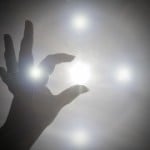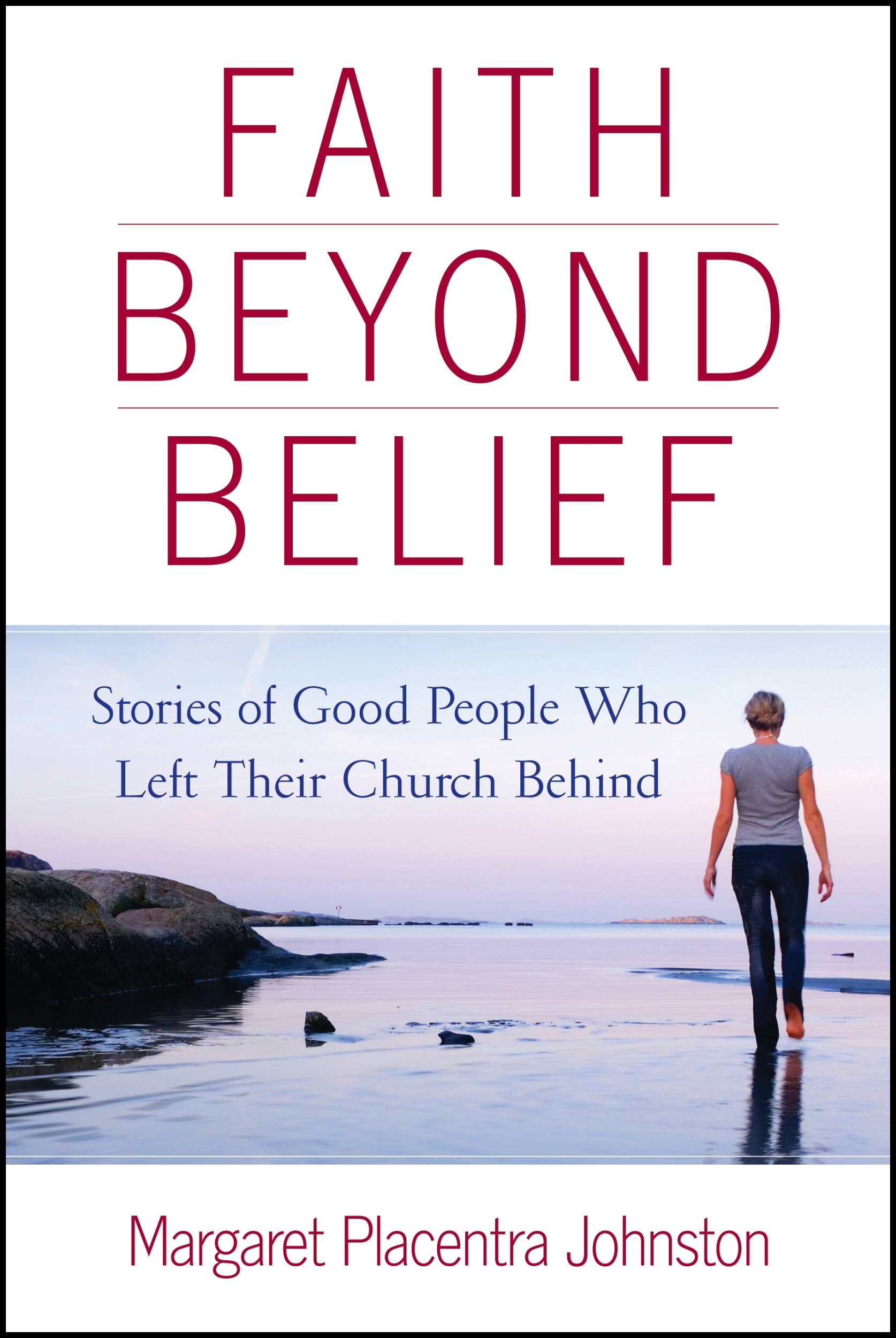 French philosopher Paul Ricoeur pointed out how many people are attracted to traditional religion out of a need for the rules it imposes and the comforts it can provide. He called these two elements, (taboo and refuge) the “corrupt” parts of religion, and opined that in mature faith we must grow beyond these “baser needs.”
French philosopher Paul Ricoeur pointed out how many people are attracted to traditional religion out of a need for the rules it imposes and the comforts it can provide. He called these two elements, (taboo and refuge) the “corrupt” parts of religion, and opined that in mature faith we must grow beyond these “baser needs.”
Many of us are attracted to religion (probably at the subconscious level) because we need its rules to keep our behavior in line, or because we find such harsh realities in this life that we need comfort and protection from some other-worldly savior and assurance that a “better” existence awaits us in the next life. These would be the “taboo and refuge” concepts of which Ricoeur wrote. But is this a realistic and authentic way to deal with reality? If not, what way would be more realistic and more authentic, and how do we get to it?
Approaching religion for the sake of our own needs implies we need a crutch in life and are not prepared to deal with reality on its own terms. It implies that at some level, we are choosing to shield ourselves from life’s harshest conflicts through appeal to God. This is a pretty safe bet because God has a relatively high rating in our society, and no one can definitively deny or prove his existence. But it means that our life stance is being dictated by fear. It means we are choosing dependence upon a crutch.
But what would it take to let go of that crutch? What would it take to grow beyond the fear? The opposite of fear is courage. And courage depends upon trust.
To grow beyond the taboo and refuge factors in religion we must first of all trust ourselves. We must trust that we would make the right moral choices without the rules provided by our religion.
And we must trust in the power of our own resources to carry us through life’s difficulties. This does not mean we don’t turn to our earthly family and friends, to our community for support in times of trouble. It does mean we don’t turn away from the world and toward a supernatural presence for that support. It means we must trust in the power of what we find here on earth and not seek refuge in the supernatural.
Trusting our own strength and in the power of our earthly resources requires a type of courage that is not commonly considered in our society. This may be one reason popular religion is so popular. It really is easier to just buy into a pre-determined philosophy and belief system than to figure things out for one’s self.
Branching out beyond the societal norms, freeing one’s self from the need for taboo and refuge takes courage. Spiritual courage.
So moving beyond taboo and refuge does not mean we must forsake our spiritual inclinations altogether. It can be just one step on the road to a form of spiritual maturity about which very little is heard in our society. But unitive spiritual maturity can be the key to rising above the divisiveness and intolerance by which many forms of popular religion embarrass themselves in our society today.











